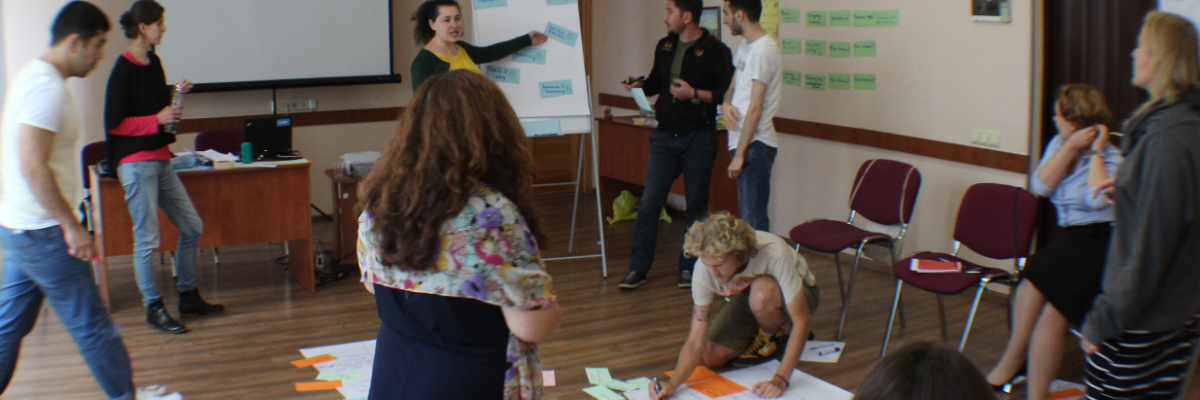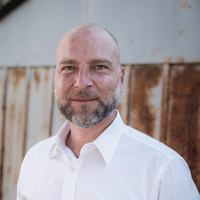In order to achieve this aim the project consist of four modules building up onto each other that combines theoretical background of peace and conflict work, peer-to-peer exchange of experience and achievements of participants, and implementation of conflict solving initiatives. During several trainings and workshops in Ukraine and Georgia, the participants analyze local conflicts and design project ideas based on skills and knowledge acquired from PCC trainings. After local workshops with country team, the participants implement their initiative in local communities. The final stage of the project is evaluation and reflection of local workshops, exchange of ‘lessons learnt’ experiences from the implementation phase and compiling of ‘best practice’ examples. Throughout the cycle of training courses, the participants gain the tools to increase the quality and flexibility of local conflict management, and become confident to contribute to the solving of current and future conflicts in the countries of the Eastern Partnership.
Target Group
30 young experts from Azerbaijan, Armenia, Georgia, Moldova and Ukraine with former experiences in the field of conflict management. Also, people without practical experience in conflict management but former involvement in this field.
Project Goals
The project intends to improve the quality and flexibility of civic conflict solving in the countries of Eastern Partnership. Therefore “quality” refers to the ability of the local experts to adopt methods and standards of conflict solving and as a consequence raise the acceptance of the population towards these actors. “Flexibility” refers to the ability of the local experts to adapt immediately to changes and new challenges. The aim of the project is thus the training of selected civic experts from the field of peace and conflict work.







